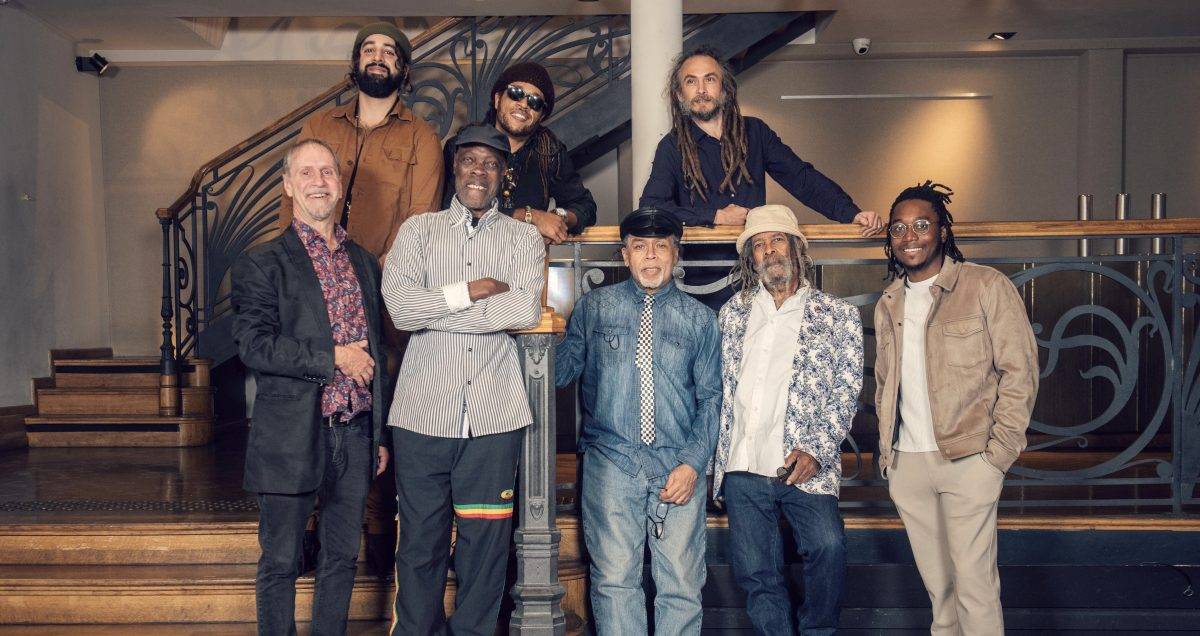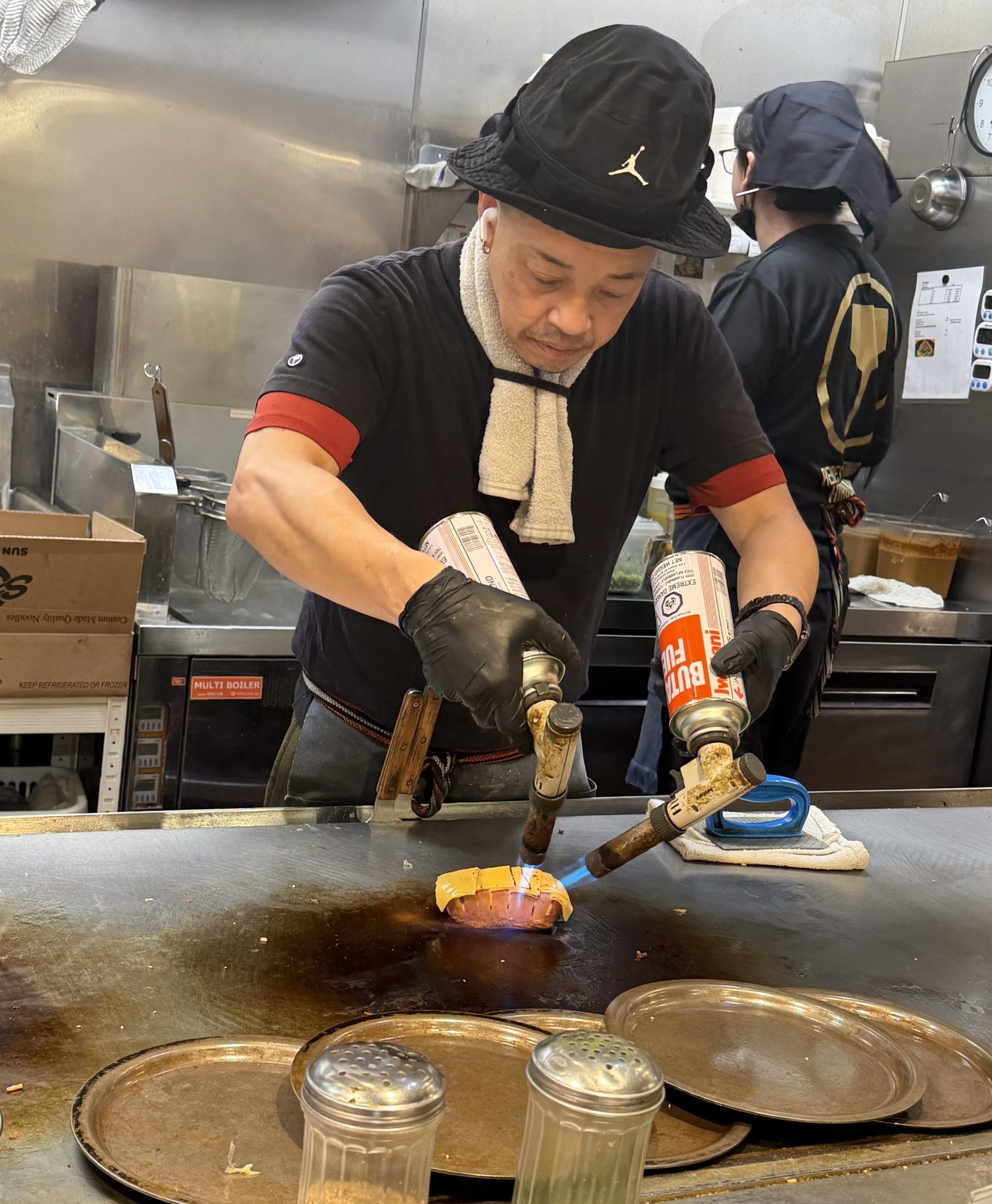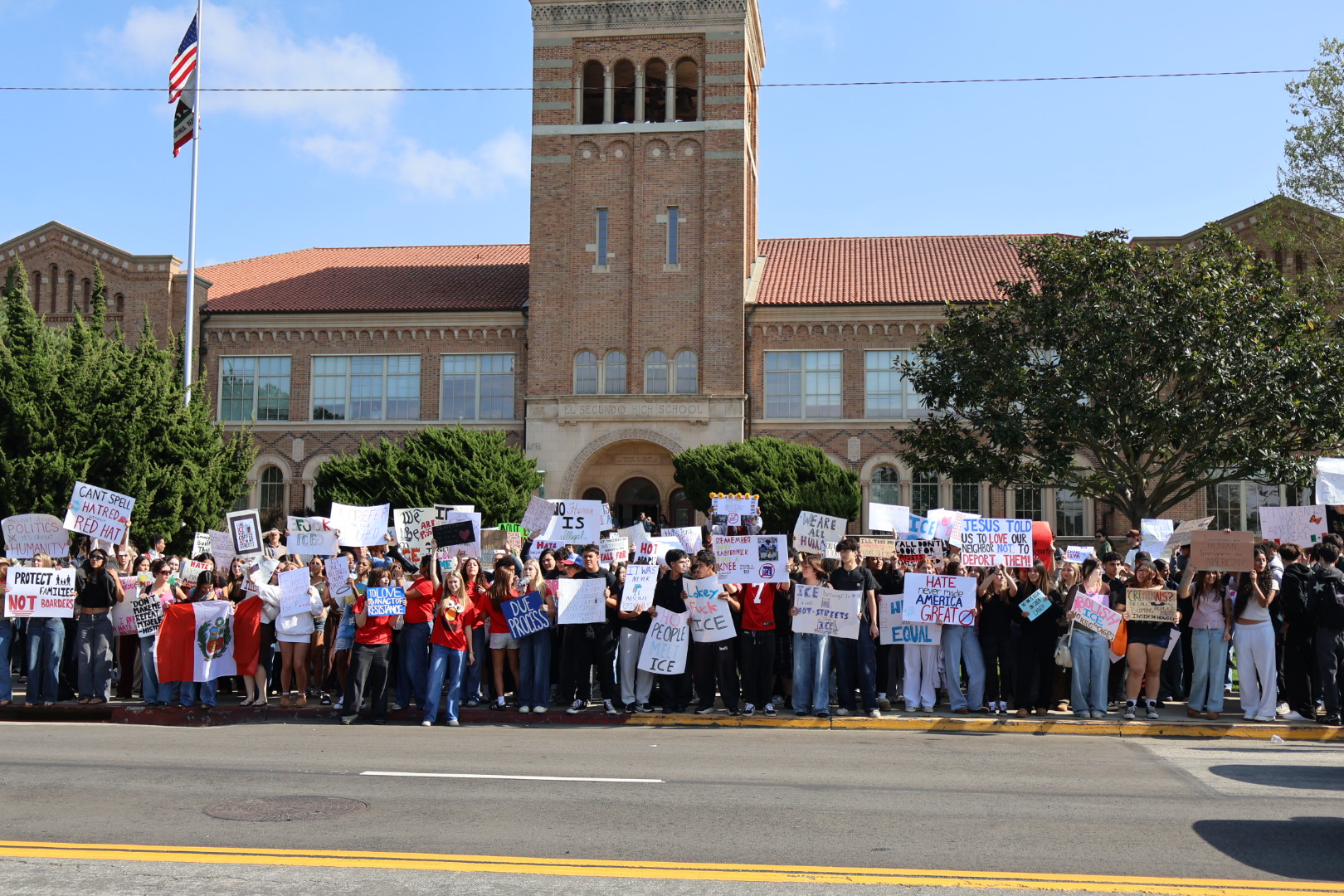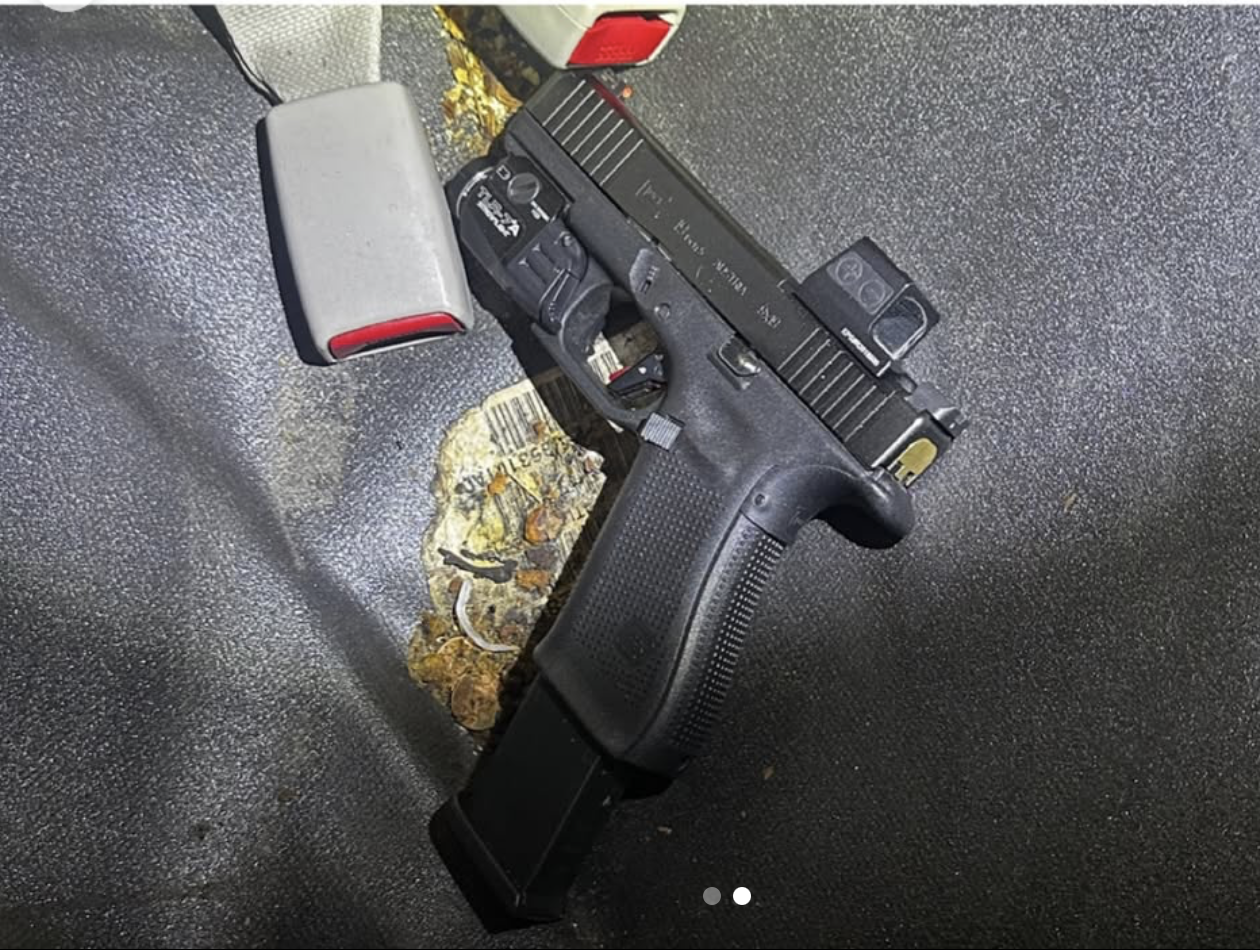by Gavin Heaney
Bouncing offbeat bursts of chordal horns, guitar and keys counterpoint walking bass lines as the high hat skips around the shuffling drum beat, accenting African and Caribbean rhythms. The ska is an offset boogie woogie groove that incites riotous dancing known as skanking and The Skatalites were the innovators of ska music, which is the cornerstone of rocksteady and reggae. For 60 years they have written, recorded and performed classic ska, reggae and rocksteady instrumental compositions, and backed legendary singers Bob Marley, Toots Hibbert, Desmond Dekker and of course their very own house singer, the queen of ska, Doreen Schaffer. Like the Funk Brothers or The Wrecking Crew in America, The Skatalites were the essential and under-recognized session players in Jamaica that were the roots of reggae.
“They were intentionally trying to create something that was more indigenous to Jamaica,” said Ken Stewart, the band’s keyboardist of 37 years in an interview. “Independence was coming and everybody knew it. They wanted music they could call their own.”
Jamaican Independence from Britain came in 1962 and the celebratory ska of The Skatalites resounded throughout the country’s dance halls, victoriously. The band’s founding horn section Tommy McCook, Rolando Alphonso, Lester Sterling, Don Drummond and Johnny Moore were chart reading jazz musicians with big band backgrounds who were turned on to Bebop by the likes of Charlie Parker. Their thematic lead lines are rough with ragtime and jubilant with New Orleans street jazz impromptu. Lloyd Brevett backed them with his deep, subsonic double bass tones, which pioneered reggae dub bass.
But Lloyd Knibb’s inventive trap drumming was what really established ska’s unique style, according to Stewart. “Ska was primarily their own take on the Memphis blues of Roscoe Gordon and it became original with Lloyd Knibb’s drumming,“ he said. “At the beginning the band were basically copying the American stuff, but when Knibb changed the beat, it truly became Jamaican ska. Lloyd (Knibb) was famous for being able to play the three parts of African drumming while playing the rock beat and he also had a lot of Latin influence because he was part Cuban.”
Three part African percussive drumming is the syncopation of bass, tone and slap and Knibb infused his rock swing beats with this pattern and other Latin percussion rhythms normally provided by shakers, cabasa and guiro, all played on the high hat. He fired off timbale style rim shot rolls which echoed the steel drums of calypso and you can feel the island in every stroke. Ska guitar is a frantic upswing and requires mechanical rhythm that Jah Jerry Hayes provided as well as signature riffs that mirrored and sometimes harmonized with Brevett’s winding bass. The imprint of Hayes’ playing can be heard in the sound of the English Beat and the 80s ska revival as well as in the ska rock of the 1990s with Sublime.
The organist plays another key note in ska music. When Stewart joined the band in the late 1980s, replacing founding member Jackie Mittoo, he was schooled in the old school. ”When I went to my first audition with The Skatalites, they told me to bubble and pop on the keyboard and I was like, what’s that?” he recalled. “To bubble, you play a chord in the left hand and then a higher inversion of the chord on the right hand and you just alternate. There’s different ways you can accent it depending on the way the drum is behind you, but that’s the basis of it,” he explained. The Hammond organ also brings out the gospel and soul so integral to ska and reggae. “When you’re playing an organ it’s how well you use the draw bars that reflects in your sound,” Stewart said. “Tyrone Downie for example was very masterful with the draw bars.” Downie played the iconic intro to Bob Marley’s breakout live recording of “No Woman No Cry,” which captured the heart of reggae music.
The Skatalites are celebrating their 60th year with an appearance at Coachella and a California tour with a stop in the South Bay. Stewart is ready to rock steady. “We try to provide a show that educates the public about the evolution of the music as it progressed. We start out with ska and we do some rocksteady and reggae. You get the best of the Skatalites and we also throw in some deep cuts and new songs to keep it fresh,” he said. “The band’s sound has evolved over the years with its changing line up, each player brings in a new style and it keeps the music alive.”
The current Skatalite’s family features singer Doreen Schaffer, keyboardist Ken Stewart, percussionist Larry McDonald, bassist Val Douglas, Sparrow Thompson on drums, guitarist Natty Frenchy, and horn section featuring Vin Gordon, James Smith and Anant Pradhan.
The Skatalites celebrate 60 years of freedom at Saint Rocke in Hermosa Beach on Sunday April 6. For more information visit SaintRocke.com. ER








